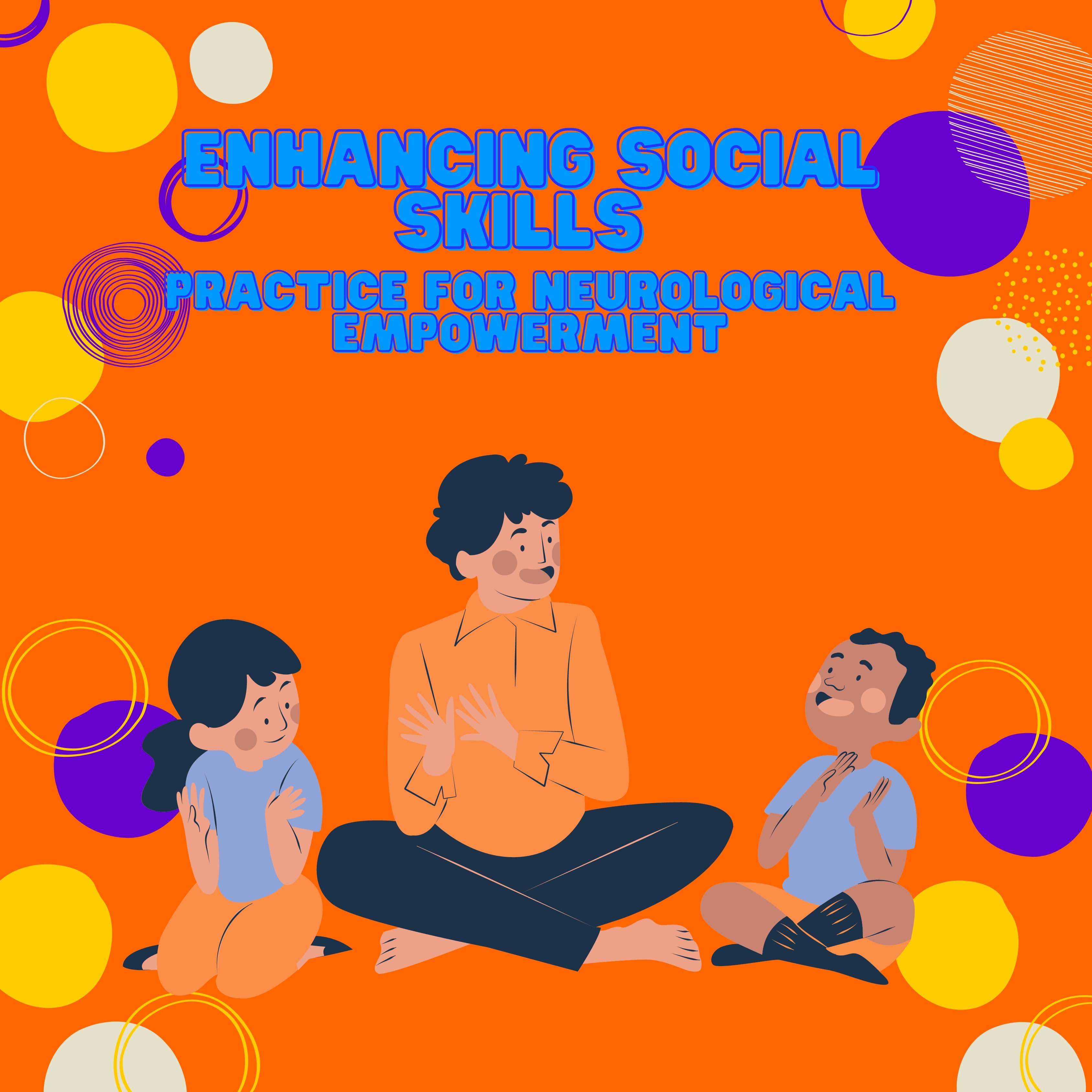As a society, we're evolving towards a richer understanding of neurological diversity. Autism often brings distinctive ways of communication, a different understanding of social cues, and unique approaches to relationships. Thus, improving social skills in autistic children is not about "fixing" something; it's about facilitating their expression of self, building confidence, and making social interaction more rewarding and less stressful. This can be done by introducing new social challenges and situations through practice and guidance.
Here are some practical strategies and examples to incorporate social skills practice into everyday routines:
1. Structured Playdates:
Structured playdates can be an excellent way to help your child improve social interactions. The key is to plan these playdates around your child's interests. For instance, if your child loves art, invite a peer for an art-themed playdate. Have all the supplies ready for a collaborative project, such as a mural or a scrapbook. This setup promotes teamwork and the necessity of communication, leading to the practice of turn-taking and sharing ideas.
Situation Example:
During the art project, if your child doesn't understand when it's their turn, gently intervene and provide guidance like, "Now, it's your turn to glue the pictures on our scrapbook." Doing this consistently helps them understand the concept of turn-taking and collaboration.
2. Social Stories:
Social stories are a fantastic tool to teach children with autism about different social situations. They typically involve short, simple narratives describing common social interactions, events, or behaviors. This allows a fun and engaging way to teach social situations without the stress of outside interactions from others.
Situation Example:
Consider creating a social story about a typical school day, where it involves various situations like greeting the teacher, interacting with classmates, asking for help, etc. For instance, you might say, "When we see our friends, we can say 'Hi' and ask 'How are you?'". These stories will help your child understand and anticipate social expectations and norms.
3. Participation in Group Activities:
Involving your child in group activities can provide them with ample opportunities to interact with peers. This might be a sports team, a drama club, a robotics camp, or any activity that stimulates their interest. It's important to keep these experiences positive and ensure the environment is supportive and understanding of their needs.
Situation Example:
Your child loves to build with Legos, so you enroll them in a local Lego club. This activity allows them to bond with peers over shared interests. If they struggle with initiating conversation, you could suggest questions to ask their club-mates, like, "What are you building?" or "Can I help with anything?"
Remember, these strategies might not work in the same way for every child, because autism is a spectrum, and each child is unique. Therefore, it's crucial to approach this with patience, be flexible, and tailor your methods according to your child's needs and pace.
And, importantly, it's not about making your child fit into society’s "norms," but instead, empowering them with the ability to express their unique perspective and navigate social settings in their own way. By doing so, we’re not just respecting neurological diversity but celebrating it.
With consistent effort and the right approach, every child can enhance their social skills in ways that can enrich their lives and those around them.


